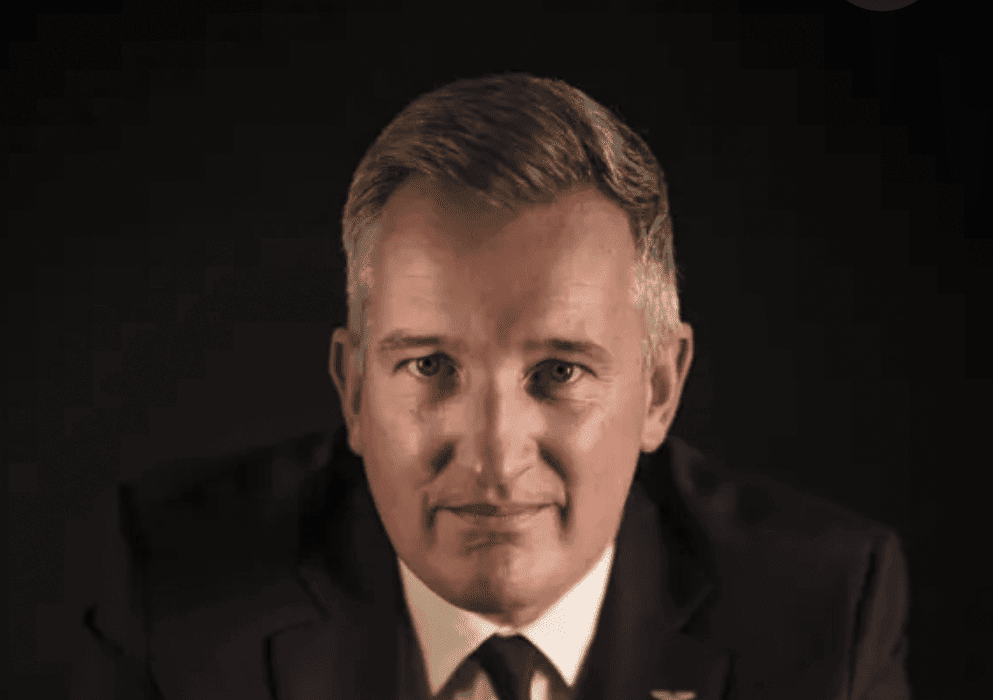Mark Wilson, chief financial officer of Verge Motorcycles since July 1, was previously CFO at Aston Martin (2015-2020) and McLaren Automotive (2005-2013). Wilson speaks to Global Finance about his career and the challenges of the profession.

Global Finance: How has the role of CFO changed over these years?
Mark Wilson: It’s hugely changed. You’re moving away from simply being a keeper of the numbers, into driving the strategy and the future of the business. Truth is that the finance function in any business is the language of that business. A good CFO recognizes that, and I’ve seen it change in 20 years a lot. The CFO, other than the chief executive, is the only member of the board who sees all the business all the time.
The other thing good CFOs do is they learn to partner with the CEO—not in the sense where they’re agreeing with the chief exec all the time, but they’re the person the CEO needs to turn to when they want an honest opinion, whether that’s an opinion they want to hear or not. The great CFOs are the ones who are prepared to walk in, shut the door of a CEO, and say, look, it’s you and me, we need to have a conversation. I was fortunate enough to work with a couple of good CEOs—Antony Sheriff at McLaren, real visionary, a real leader, and Andy Palmer, at Aston Martin—and they were always prepared to have those proper conversations.
GF: A huge difference for CFOs now is the new environment of higher interest rates. How is this affecting the process of funding businesses and raising debt?
Wilson: There is still an awful lot of money looking to be put to work, the so-called dry powder. The difference is that the rate has gone up. Investors absolutely are willing to put money to work in the high-yield debt markets, but your business case has got to be great.
If you’ve got a great story, sound financials, there’s a decent team delivering, and you can articulate the credit case, then absolutely, in all markets, investment grade through to high yield, there is money there available for you. It’s just harder to access and you’re going to pay for it. You’ve got to factor that yield into your cash flows. And therefore, you’ve got to be prepared that the equity return is probably going to take a bit of a thump.
GF: How is AI going to affect the work of a CFO?
Wilson: PwC announced they are investing $1 billion to expand and scale capabilities in AI. That is entirely client-facing, and I think it’s huge. So, what is AI going to do? Well, you can go and ask ChatGPT to build your financial model or scenario analysis. But you must be aware that as soon as you’re accessing open-source AI, this open-source AI is taking your intellectual property, it’s taking your data, it’s taking your thinking, it’s taking your numbers, and it’s feeding them into the machine to generate answers for somebody else. So, you can get ChatGPT to help you with that, and help you think it through, but it comes at a price; you’re exposing yourself. And this is probably why PwC is doing its own proprietary AI tool.
GF: How should a CFO navigate environmental, social and corporate governance goals?
Wilson: They’re important, and I think it would be incautious for a CFO to ignore them. Just think how important it is for funding—there will be funds that cannot invest in you if you don’t pass the test—and for hiring. You are missing out on talent if you do not respect certain standards.
I think companies are probably still not doing enough on the environmental or the social. But I think in terms of governance, particularly in the UK and in the EU, we are in danger of having too much regulation. You can’t have companies’ boards fearing their own shadow. The best companies work best when market forces are allowed to bear on that company.
GF: What keeps you up at night?
Wilson: Verge is now in a fundraising process. It’s going well, and we’re having a huge amount of interest from people, but of course, you’re in an environment today where it is just harder to raise money. So, that sort of keeps me awake a little bit. Then, being part of a growing company, a young company with a big future ahead of it, you’re always concerned about range finding and forecasting. You know, just how accurate are we? Any CFO can kill a company by being extremely pessimistic, and all of a sudden the cash flow dries up. Worse than that is crashing the company into the wall because you’ve just been too cavalier. I think you’re always trying to find that middle ground. That keeps me awake, and talent. Finding the right people to put in the right roles is always a challenge.



